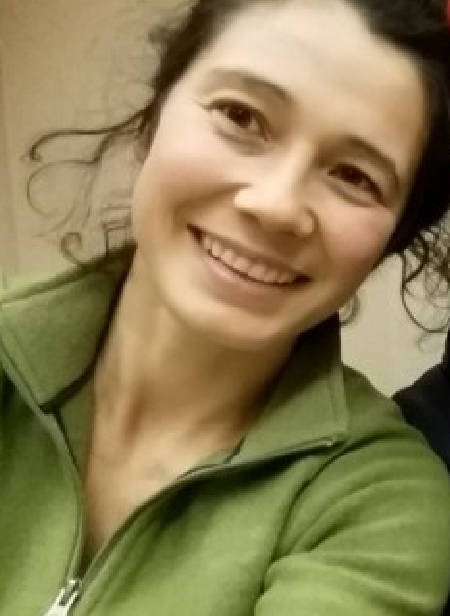When I started wrestling, girls on the mat were few and far between. In middle school, the Kenai Peninsula Borough School Disitrict Board of Education said I wasn’t allowed to wrestle. Only when I challenged them with Title IX did they allow me to get on the mat.
I felt lucky to have the chance to wrestle and I knew that if I didn’t lay it all on the mat, if I ever gave up, it would be attributed to my gender rather than my character. The acceptance of girls in wrestling was not a given; it was hard earned by each wrestler, coach, official and supporter of female wrestling.
Now as a coach, when I walk into the mat room, it’s different. I feel accepted — and honestly I am taken aback by it. I grew up so accustomed to the idea that I must prove to the room that I belong here.
It’s a real example of social change in gender equality.
Change is seen through policy. Alaska was the fifth state in the country to sanction high school girls wrestling. Furthermore, the KPBSD, who once tried to keep girls off the mat, is considering funding the first high school girls coaching position in Alaska.
Change is seen through programs and funding. This spring, Homer hosted an all-girls wrestling camp for 35 Alaska girls. Scholarships were provided by the Homer Foundation’s Youth Advisory Council. One former Mariner wrestler offered up a scholarship because she wanted to pay forward the opportunities she was afforded by a generous community.
Change is felt on the mat. The wrestlers, both girls and boys, earn their place — but not as a representative of their gender, but as representatives of their community, family and team. It’s about wrestling, not gender.
Socrates said, “The secret of change is to focus all of your energy, not on fighting the old, but on building the new.” By building girls programs our wrestling community strengthened wrestling for all.
This year, at the Alaska State Championships, a new wave of wrestlers made a splash on the mat. Moms. Alaska Moms On the Mat, or AMOM, developed as a fundraiser for Alaska girl wrestlers. At first, I was curious with a tinge of skepticism. Were moms really going to sign up? Wrestling is intense; a few minutes of wrestling takes a kind of conditioning that is unlike any other sport. It’s a battle — a display of athleticism, body, will and heart. Moms were up for this? The idea intimidated me and I’m an Olympic wrestler who’s had three natural child births.
This spring, 34 moms competed against each other, and honestly, they stole the show. Moms trained with their teams, learned moves, and geared up in singlets. When a mom match was on the mat, the energy filled the big Menard Sports Center. People couldn’t stay in their seats as they crowded towards the mat. I watched children coaching their moms before their matches. Dads cheered and yelled encouragements. Coaches sat on the edge of their seats coaching like it was the NCAA championships. All for the wrestling moms, who laid it all on the mat through frustration, bruises, and exhaustion? Win or lose, each mom stepped off the mat as a respected wrestler.
Witnessing how our community’s culture celebrates and supports our girl and mom wrestlers shows that we are on the forefront of this movement. Thank you to all of you social change makers.
Tela O’Donnell Bacher is a mother, Olympian, advocate, and coach. Tela and her husband, Paul, raise their three children close to nature in a community worth celebrating.



